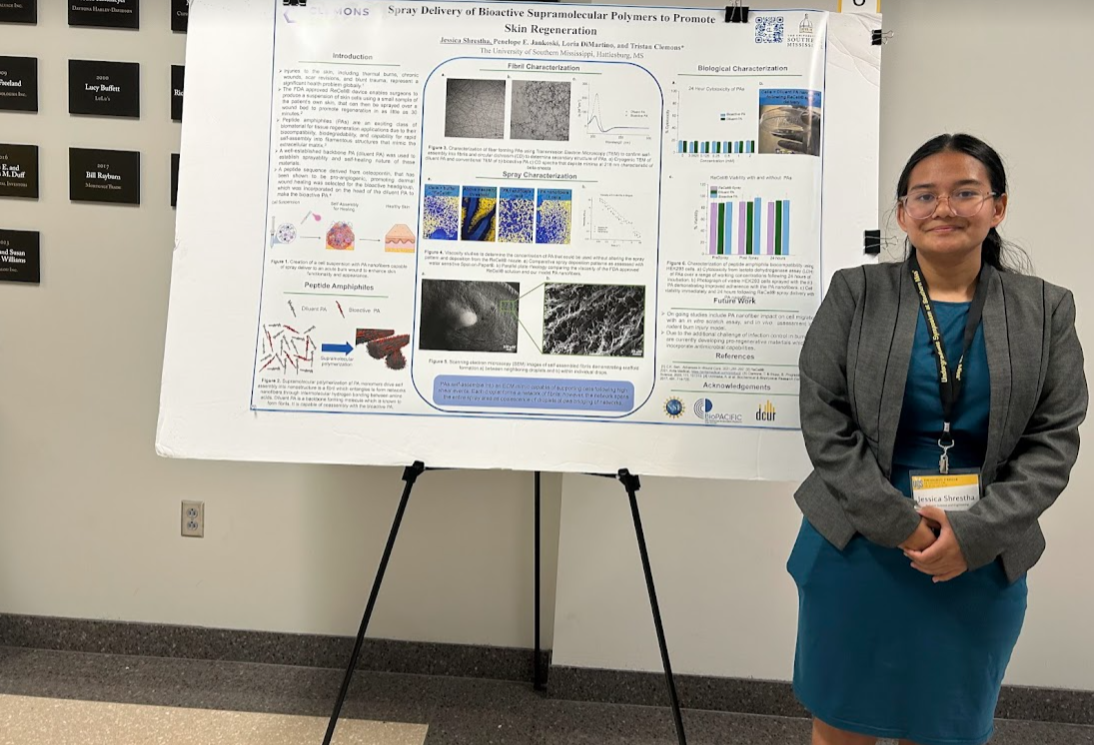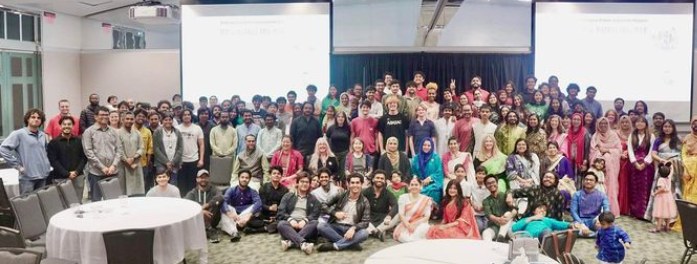 Due to an almost 3-percent drop in enrollment, Southern Miss administration has taken a hard look at the budget for the upcoming year and determined that a 3 to 5 percent budget cut must be made.
Due to an almost 3-percent drop in enrollment, Southern Miss administration has taken a hard look at the budget for the upcoming year and determined that a 3 to 5 percent budget cut must be made.
When enrollment numbers were finalized Sept. 10, many administrators were disappointed to see that enrollment numbers were lower than hoped. According to a recent press release by Mississippi Public Universities, USM had 16,468 students enrolled in fall 2012. This year’s enrollment numbers show a 1,623 drop from 2012, or nearly 10 percent.
According to Vice President of Finance and Administration Douglas Vinzant, this drop is what caused the budget discrepancy. He described how the university has two main sources of income: state appropriations and tuition, with tuition being the majority of funding. The state appropriations are given according to the number of total enrolled credit hours.
“When we have a decline in enrollment,” he said, “that automatically impacts the amount of revenue that is available to spend. So, when your revenue goes down, then you have to adjust your spending plans down.”
On Wednesday, a USM Mailout was sent to the student body containing a letter from President Rodney Bennett detailing the nature of the cuts as well as the reason for their existence.
“We must make budget adjustments in order to live within our means,” he said. “The university has initiated a process designed to help us align expenditures with revenue.”
This process of supporting the expenditures with revenue has already undergone immediate changes, the first being a hiring slow-down. Vinzant said this is not a hiring freeze, but a more in-depth look at the positions that are open and determining which open positions truly need to be filled.
“So, instead of, if a position becomes vacant automatically refilling it, it needs to be signed off on by higher levels of the university that (they) agree does need to be filled,” he said.
What this means for students is that they can expect to see larger classes, staff working with fewer resources and fewer sections of courses offered.
Provost Denis Wiesenberg explained that with the standard 20-1 ratio of students to faculty, a loss of students means a loss of overall number of faculty.
“Say, if you have 500 fewer students, then you’ll have 25 fewer faculty to keep that same ratio,” he said. “This (will make it) a challenge for students to work out their schedules.”
He also said some programs may have an easier time than others dealing with the budget changes, and the budget will not be cut uniformly across the board, but considerate of the needs of each curriculum.
“There will be some programs that will be protected because they need a certain number of faculty for accreditation or to deliver the curriculum in a certain way. What happens (in most universities) is that they make sure the academic programs are protected. We’re going to make sure we do that.”
Dean of the College of Business Faye Gilbert said despite the setback of the budget cuts, she remains optimistic about the future of not only the College of Business but also the university itself.
“I trust my chairs and my faculty and staff,” she said. “I believe that we’re going to find some efficiencies in the budget, find some ways of bringing us through this and also beckon to new students to come join this new community as we move forward.”
John Warrick, chair of the Department of Theatre, said the current exacting details of the new budget are still a mystery.
“We don’t know the extent of any kinds of realignment issues for resources. At the moment I’m putting together possible cuts for consideration,” he said.
Warrick also remained confident in his assertions that despite these setbacks, the arts will continue as usual and will remain at their top-notch quality.
“We’re pretty used to being scrappy,” Warrick said. “We find ways to produce our work and we’re not always used to large institutional supports. Part of the necessary skillsets of artists is being able to produce your work.”
Vinzant also pressed the idea of the unknown with the current plan of administration. He explained that each department is looking over the budgets carefully and seeing what can be cut, then bringing proposals before administration.
When these proposals are approved, the administration will know the extent of the budget cuts. The main point he wants the students to know is that students are fully welcome to become involved in this process.
“Student input is welcomed by (all administration),” he said. “If you want opportunities to talk with (administration), those will be available to you.”




































